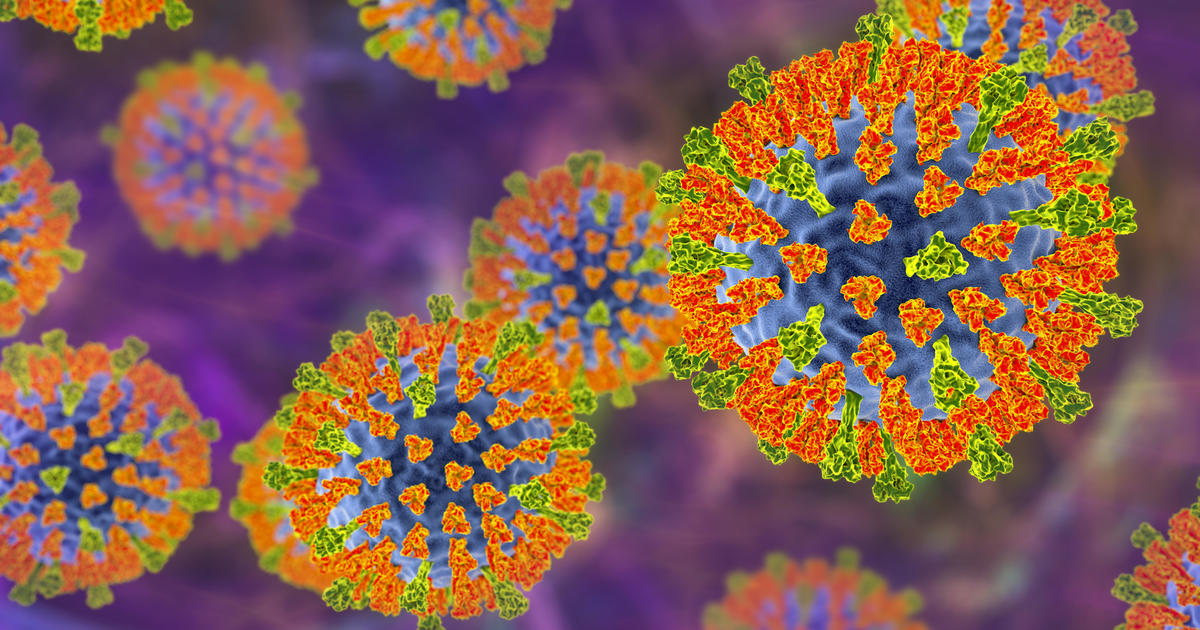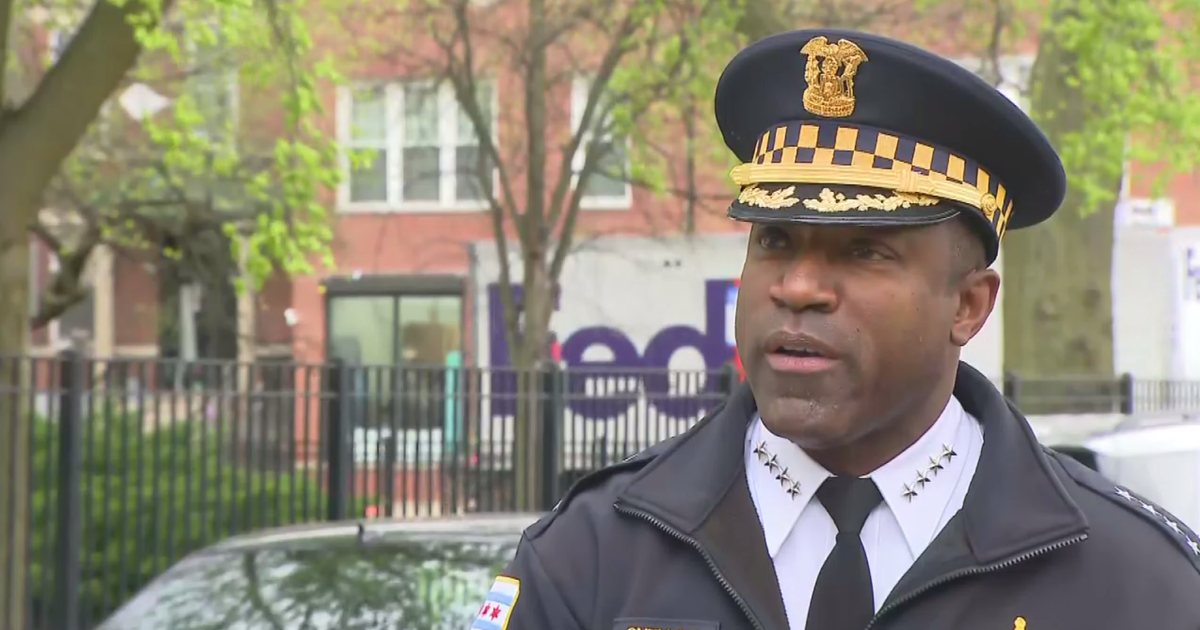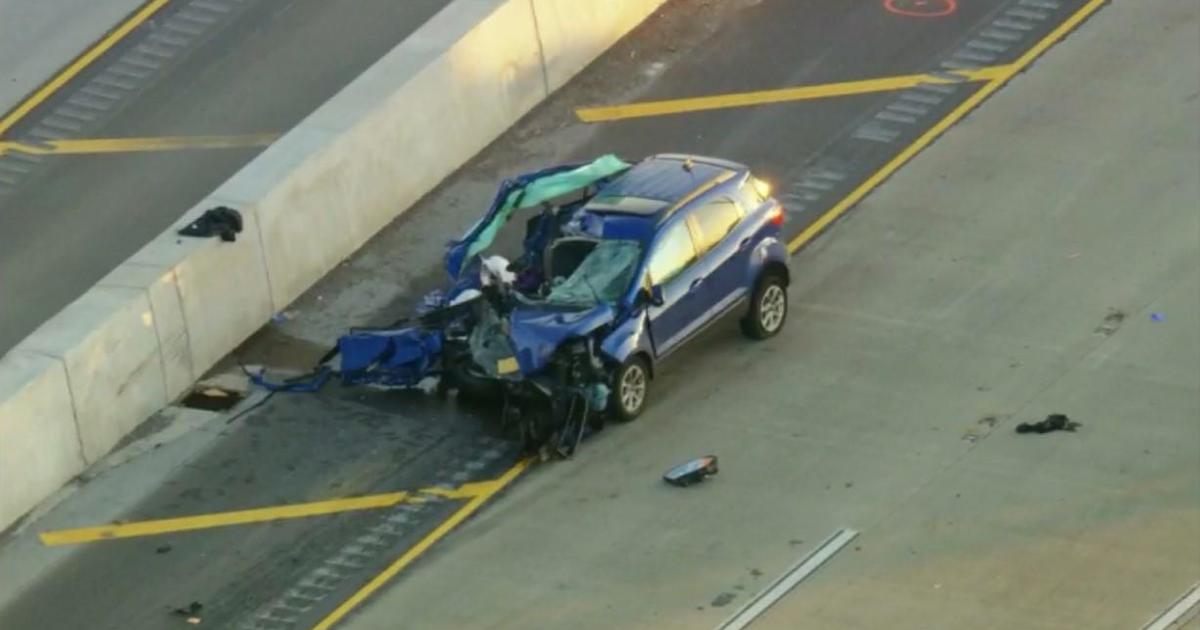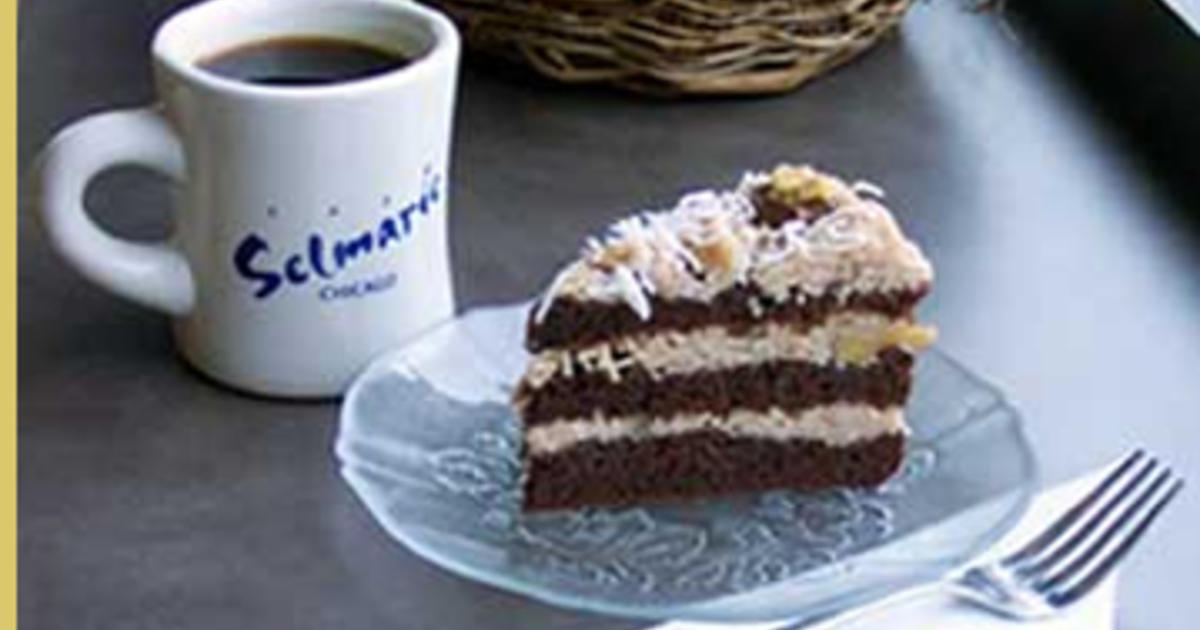Kids Ages 5 To 11 Can Start Getting COVID-19 Vaccine: Experts Explain How To Prepare Kids For A Shot
CHICAGO (CBS Chicago/CBS News) -- The first kid-sized doses of Pfizer's COVID-19 vaccine will be soon going into the arms of children ages 5 to 11.
The Centers for Disease Control and Prevention issued formal recommendations Tuesday for children as young as 5 years old to get vaccinated against COVID-19, clearing the final regulatory hurdle for younger kids to start receiving Pfizer's vaccine this week.
The White House says millions of vials of Pfizer's lower-dose vaccine formulated for younger children have already begun shipping to health care providers following the Food and Drug Administration's authorization last week. The children's vaccine will come in new packaging to differentiate the smaller 10 microgram doses from the 30 micrograms offered to people ages 12 and up.
And as CBS 2's Chris Tye reported late Tuesday, experts say the big topic is the conversations parents should start having right now with their kids. How America's 5- to 11-year-olds will handle their shots may depend on how parents prepare them.
"There are very simple and effective strategies that really work to make this a whole lot better for the child and the parent," said Dr. Jody Thomas, a clinical psychologist whose devised programs and devices to manage pain through her nonprofit, The Meg Foundation.
Thomas advised that plans to make ahead of time as kids get their shots include applying of numbing cream the day of the shot, offering phones and video games as distractions, and giving the kids added control.
She said kids should be allowed to decide the answers to these questions for themselves: "Do I want to watch a video? Which video do I want to watch? Who do I want to take me? Which arm do I want the poke in?"
"Each time we give them a choice, we give them power - and power makes us all feel better," Thomas said.
The Kaiser Family Foundation expects that 27 percent of parents will have their kids vaccinated right away, 33 percent will take a wait-and-see approach, and 30 percent will not vaccinate their kids at all.
"Needles are scary," said Nicole Brosnan, a child life specialist at Lurie Children's Hospital. "It's OK to be scared."
Brosnan has her own tricks on de-mystifying the shot.
Tye: "The drive up the driveway, the wait in the waiting room - all of these are building blocks that can kind of gin up anxiety?"
Brosnan: "Absolutely, and I think we're really cognizant of that here. And so, how can we support parents in the moments leading up the shot so they can support their child?"
Part of that, experts say, should involve planning out the reward that will come after a youngster gets the shot.
"And let's not think of as a bribe, but really of that reward," Thomas said. "We all need rewards for doing tough things."
And that "tough thing" felt twice - as kids, just like adults who got the Pfizer vaccine, will get second shots three weeks later.
"That verbal praise from parents means so much more than any reward - and then they know they can do it the next time," Brosnan said.
Experts says making sure kids feel secure and satisfied and rewarded will pay dividends – not just after three weeks after that first shot the booster shot is called for, but for their lifetime relationship with the doctor's office.
Dr. Emily Landon Answers Your Questions About Childhood COVID-19 Vaccination:



